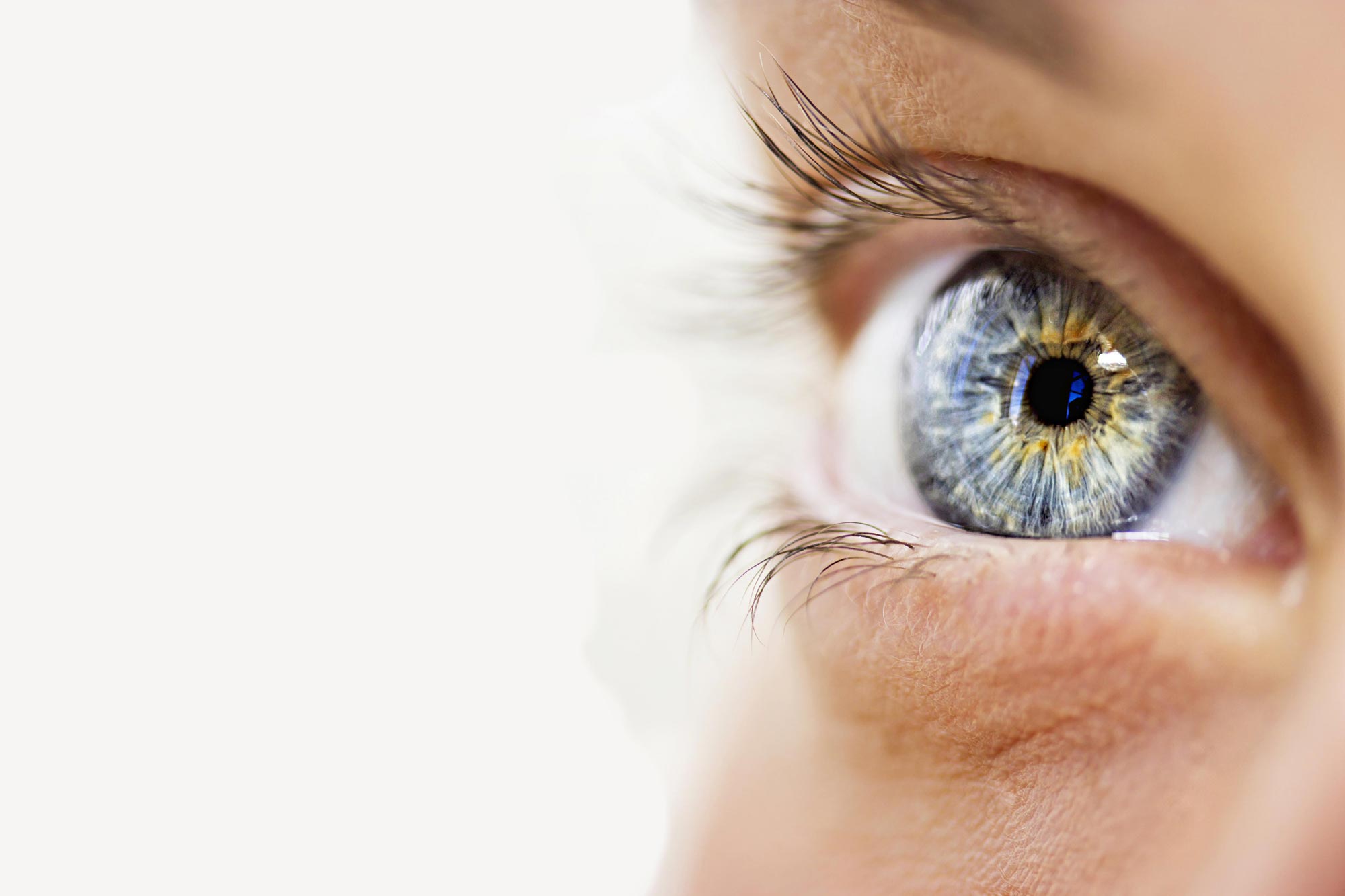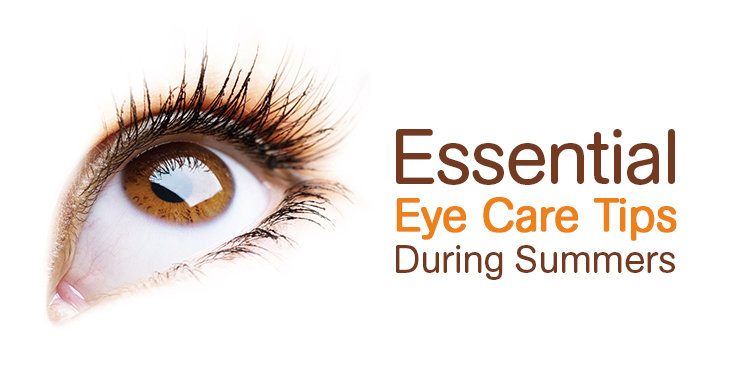Leading Cardiologist Andalusia: Your Companion in Heart Health
Leading Cardiologist Andalusia: Your Companion in Heart Health
Blog Article
Is Refractive Surgical Procedure Right for You? Aspects to Take Into Consideration for Better Eyecare
In the world of eye care, the decision to go through refractive surgery is a weighty one that demands thoughtful consideration. From the details of one's ocular health to the complexities of personal assumptions and day-to-day habits, each aspect holds relevance in the more comprehensive landscape of refractive surgical procedure candidacy.
Eye Health Evaluation
When taking into consideration refractive surgery, a thorough eye health and wellness examination is crucial to evaluate the viability of the procedure for every individual. neurologist andalusia. This assessment entails a series of examinations and assessments conducted by an eye treatment specialist to establish the overall health of the eyes, the presence of any type of hidden conditions, and the security of the refractive error
During the analysis, different aspects are taken into consideration, such as the person's case history, existing eye prescription, corneal thickness, pupil dimension, and tear film high quality. These evaluations help to determine any type of contraindications to refractive surgery, such as corneal abnormalities, cataracts, or without treatment eye infections. Furthermore, the evaluation helps to handle person expectations concerning the potential results of the surgery based upon their special eye attributes.
Eventually, the eye health and wellness analysis is crucial in ensuring the safety and effectiveness of refractive surgical treatment, as it provides valuable insights right into the person's eye health standing and assists establish one of the most appropriate treatment choices for attaining ideal aesthetic outcomes. (cardiologist andalusia)
Lifestyle Analysis
A comprehensive way of life assessment is integral in determining the suitability of refractive surgical treatment for a person's aesthetic modification demands. Way of living factors such as profession, hobbies, and day-to-day activities play an important role in the decision-making process relating to refractive surgery. People with occupations that entail a high level of physical task or direct exposure to ecological aspects may have various aesthetic requirements contrasted to those with sedentary desk jobs. Recognizing how an individual's lifestyle might impact their vision post-surgery is essential for managing assumptions and making certain ideal end results.
Furthermore, way of living routines such as sporting activities engagement, outside activities, and even skincare routines can influence the healing procedure and general success of refractive surgical treatment. People who involve in get in touch with sports might need to take additional preventative measures to secure their eyes during the healing duration. Furthermore, people with extensive sunlight direct exposure might call for extra post-operative treatment to prevent issues. By conducting an extensive way of living analysis, eye treatment professionals can customize their recommendations and therapy plans to meet the one-of-a-kind needs of each client, eventually leading to boosted aesthetic end results and satisfaction.
Assumption Positioning

Clients require to understand that while several individuals accomplish 20/20 vision or much better following refractive surgical procedure, some might still call for glasses for specific tasks like analysis or driving at evening. Managing these assumptions aids protect against dissatisfaction and dissatisfaction post-surgery, leading to an extra positive overall experience for the person.
Threat Evaluation

Factors that may enhance the danger of issues consist of age, certain medical problems like autoimmune diseases, unpredictable vision prescription, thin corneas, and unrealistic patient expectations. Additionally, selecting a competent and skilled cosmetic surgeon, adhering to pre and post-operative care guidelines carefully, and revealing any type of appropriate case history can help minimize dangers.
To decrease the chance of issues, ophthalmologists carry out extensive pre-operative examinations to recognize any contraindications to surgery. They also talk about the possible threats and advantages with patients throughout the assessment procedure. By involving in open communication and shared decision-making, both the ophthalmologist and the client can function with each other to identify if refractive surgery is the appropriate choice based upon specific risk accounts and preferred results.
Appointment Significance
Thinking about the critical duty of informed decision-making in analyzing threats and potential complications in refractive surgical treatment, the examination procedure holds considerable significance in directing individuals in the direction of ideal results. Throughout the examination, the ophthalmologist evaluates the client's eye health, refractive mistakes, and overall suitability for surgical procedure. This preliminary evaluation is important in determining one of the most ideal treatment for each and every person, taking into consideration elements such as corneal density, pupil dimension, and existing eye problems.
Additionally, more tips here the appointment offers as an opportunity for individuals to discuss their expectations, concerns, and any kind of inquiries they might have concerning the surgical treatment. Clear interaction between the individual and the specialist is vital to ensure realistic assumptions and a complete understanding of the possible dangers and benefits entailed.
Furthermore, the examination permits the specialist to describe the different surgical options offered, their respective outcomes, and the post-operative care required. This detailed conversation empowers patients to make knowledgeable choices about their eye care, leading to far better complete satisfaction and end results post-surgery.
Conclusion
In verdict, people thinking about refractive surgery needs to go through a comprehensive eye health evaluation, examine their way of life practices, straighten their assumptions with potential outcomes, examine the involved threats, and focus on assessments with eye treatment professionals. These variables play a critical duty in determining the viability of refractive surgical procedure for each individual, guaranteeing optimum end results and contentment with the procedure.
Patients considering refractive surgery frequently have high assumptions concerning the outcomes, expecting ideal vision without the demand for glasses or contact lenses. While refractive surgical procedure can considerably improve vision and minimize reliance on aesthetic help, it is important for clients to recognize that results may differ based on individual factors such as the level of refractive error, corneal thickness, and total eye health and wellness.
By involving in open interaction and shared decision-making, both the ophthalmologist and the patient can work with each other to establish if refractive surgery is the ideal selection based on individual risk profiles and desired end results.
Thinking about the important duty of notified decision-making in evaluating dangers and potential problems in refractive surgical treatment, the assessment process holds substantial importance in leading people towards optimum results. Throughout the assessment, the eye doctor reviews the client's eye health and wellness, refractive errors, and general suitability for surgery.
Report this page